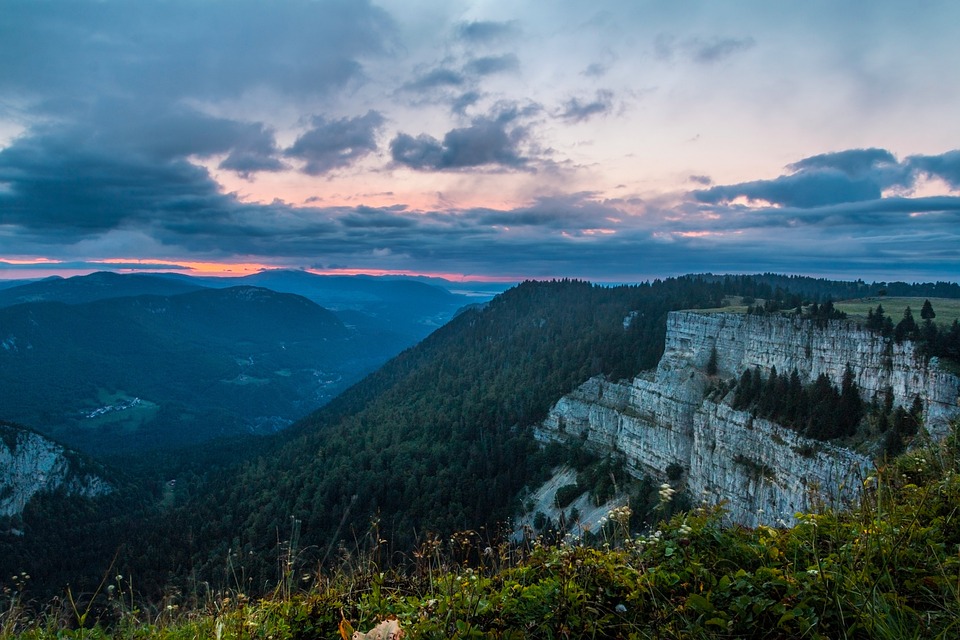Table of Contents
Survive and Thrive: How to Stay Warm and Protected During Cold Weather Camping
Introduction
Cold weather camping can be a thrilling adventure, but it also demands extra preparation to ensure your safety and comfort. With the right gear, knowledge, and techniques, you can not only survive but thrive in the chilliest of conditions.
This article provides essential tips to help you stay warm and protected during your cold weather camping expedition.
Choosing the Right Gear
When it comes to cold weather camping, your gear is your best friend. Invest in quality gear specifically designed for lower temperatures. Ensure you have the following essentials:
- A four-season tent that can withstand wind, snow, and low temperatures.
- A sleeping bag with a temperature rating appropriate for the expected weather conditions.
- Insulated sleeping pads to provide additional warmth and insulation from the cold ground.
- Layered clothing made of moisture-wicking and insulating materials such as merino wool or synthetic fibers.
- Waterproof and insulated boots with good traction to keep your feet warm and dry.
- A well-insulated and windproof jacket to protect your core.
- Gloves, hats, and neck gaiters to shield your extremities from frostbite.
Setting up Your Campsite
Choosing the right campsite and setting it up properly is crucial during cold weather camping. Follow these steps:
- Pick a sheltered location shielded from wind and potential falling branches or trees.
- Clear the ground of snow and sharp objects that could damage your tent.
- Set up your tent on a tarp or groundsheet to provide an extra barrier against moisture and cold.
- Use rocks or snow blocks to create a windbreak around your tent.
- Place your cooking area away from the tent to avoid the risk of carbon monoxide poisoning.
- Hang a tarp above the cooking area to shield it from snow or rain.
Keeping Warm
Staying warm is crucial for your comfort and safety during cold weather camping. Here are some tips to keep in mind:
- Layer your clothing to trap warm air between each layer. Avoid cotton as it retains moisture and can make you colder.
- Wear a hat to prevent heat loss from your head.
- Have a warm drink or eat high-calorie snacks to fuel your body and generate internal heat.
- Use hand warmers or hot water bottles to warm up your sleeping bag before getting in.
- Do light exercises or stretches to increase blood circulation and warmth.
Fire Safety and Heat Sources
When camping in cold weather, staying warm is vital, and safe use of fire and heat sources is necessary. Follow these guidelines:
- Use a camp stove or a fire pit with proper ventilation to prevent carbon monoxide buildup.
- Dry your gear near the fire, but maintain a safe distance to avoid accidental burns.
- Collect and store firewood in a dry place to ensure it burns efficiently and provides ample heat.
- Never leave a fire unattended and make sure it is fully extinguished before going to sleep or leaving your campsite.
FAQs
Q1: How can I prevent frostbite during cold weather camping?
To prevent frostbite, always keep your extremities covered by wearing gloves, hats, and neck gaiters. Keep an eye on any signs of numbness, discoloration, or pain in your fingers, toes, ears, or nose. If you experience these symptoms, seek warmth immediately.
Q2: Can I use a regular tent for cold weather camping?
While it is possible, it is not recommended to use a regular tent for cold weather camping. Four-season tents are specifically designed with sturdy materials and additional insulation to withstand harsh winter conditions.
Q3: How should I prepare my water for drinking during cold weather camping?
Always treat or filter your water before consuming it during cold weather camping. If possible, melt snow or ice and boil it for a few minutes to kill any potential bacteria or pathogens.





